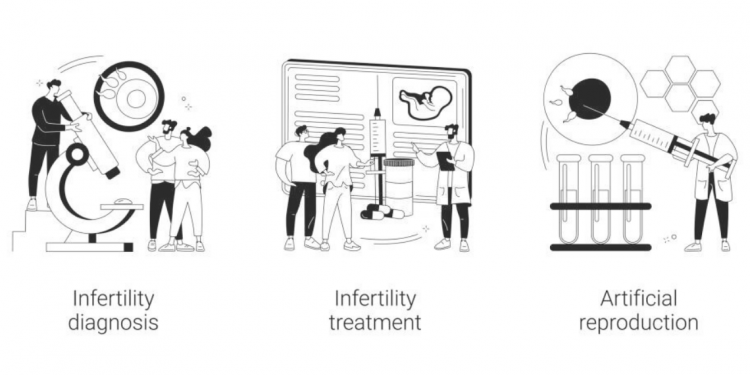In recent years, international donor egg banks have become more prevalent as a means to help couples in need of fertility treatments. These banks collect eggs from anonymous donors and then distribute them to couples who need them for assisted reproductive technology (ART) procedures.
These banks offer several benefits to couples. First, they provide a stable supply of eggs that can be used multiple times without fear of running out. Second, the anonymity of the donors allows for families in difficult situations to seek help without judgement or embarrassment.
How it works:
Explain how an international donor egg bank works, including how couples can access these services.
When couples are struggling to conceive a child, they may turn to an international donor egg bank for help. Donor eggs are eggs that come from another woman who is not the mother of the child. The eggs can be donated to a couple who is trying to conceive, or they can be used in fertility treatments.
There are many different ways to get donor eggs. Some couples may choose to go through an egg bank, which is a bank that collects and stores donor eggs. Other couples may find a donor on their own. There are many online databases where couples can find donors.
Once a couple has found a donor, they will need to go through fertility treatments in order to use the eggs. This usually involves taking hormones to stimulate the ovaries and then using IVF to insert the eggs into the uterus. Donation of eggs is a very safe process. The only real risk that a woman can face during egg donation is hyperstimulation syndrome, which is when the ovaries release too many eggs and are no longer able to make any more eggs.
Who is eligible:
Discuss who is eligible to use an international donor egg bank and what are the requirements.
An international donor egg bank is a great option for couples who are struggling with infertility. However, not everyone is eligible to use this service. In order to be eligible, you must meet the following requirements:
- You must be a heterosexual couple.
- Your female partner must be between the ages of 18 and 34.
- Your female partner must have a healthy uterus.
- You must have a healthy male partner.
- Your female partner must not have any major medical conditions.
Advantages:
Outline the advantages of using an international donor egg bank.
There are many advantages to using an international donor egg bank. One of the most obvious benefits is that you have access to a larger pool of donors, which means you are more likely to find a donor that meets your specific needs. Additionally, international donor banks typically have more rigorous screening processes than domestic banks, so you can be confident that the donors are healthy and have no genetic abnormalities. Furthermore, using an international donor egg bank can save you money. Domestic banks typically charge more for donor eggs than international banks do. Finally, using an international donor egg bank allows you to build a diverse family by choosing a donor from a variety of racial and ethnic backgrounds.
Disadvantages:
Discuss any disadvantages of using an international donor egg bank.
When couples struggle with infertility, they may turn to using donor eggs in order to conceive. There are many benefits to using an international donor egg bank, but there are also some disadvantages. One disadvantage is that the process can be expensive. Another disadvantage is that you may not have as much control over the donor selection process as you would if you used a domestic donor egg bank. Additionally, the quality of eggs from international donors may not be as high as those from domestic donors.
Conclusion:
The international donor egg bank is a great resource for couples who are struggling to conceive. It provides them with a pool of eggs from donors all over the world, which increases their chances of conceiving. The bank is also a great option for those who want to use donor eggs but do not want to use an anonymous donor. Lastly, the bank is a safe and secure place to store frozen eggs.












